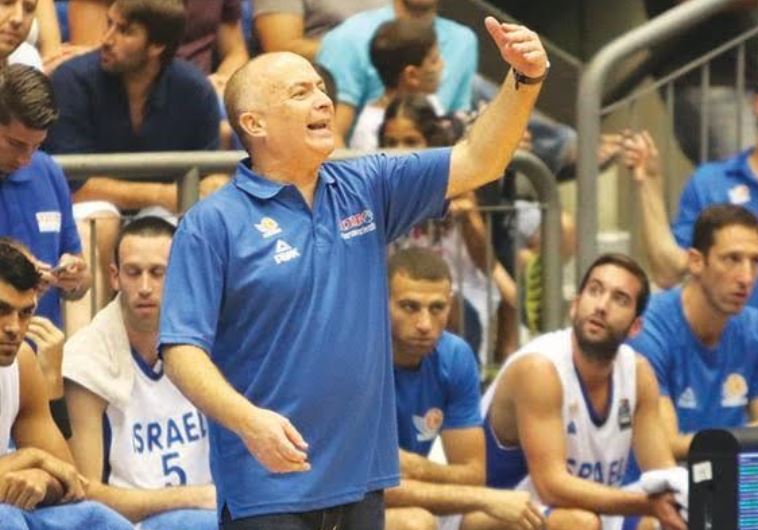Sinai Says: Blue-and-white have played themselves into nowhere-but-up status
Israel’s national basketball team has rarely entered the European Championships with lower expectations.
 Israel national team coach Erez Edelstein(photo credit: ADI AVISHAI)
Israel national team coach Erez Edelstein(photo credit: ADI AVISHAI)